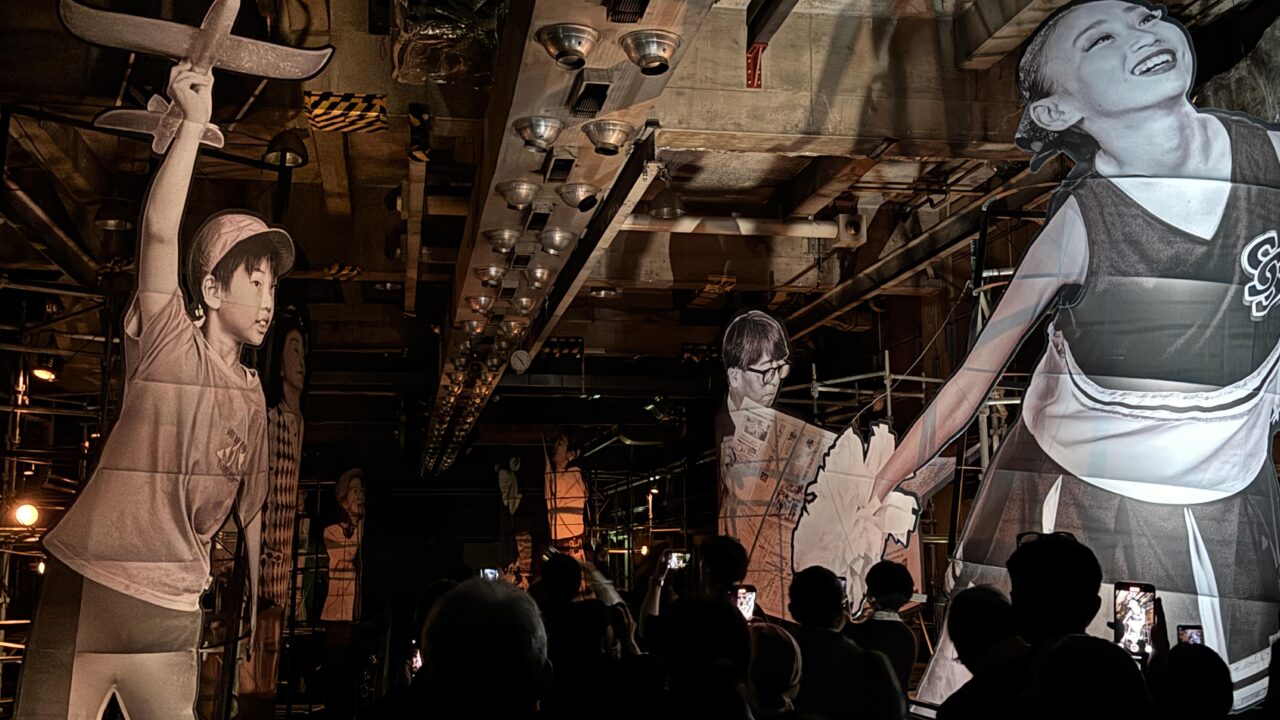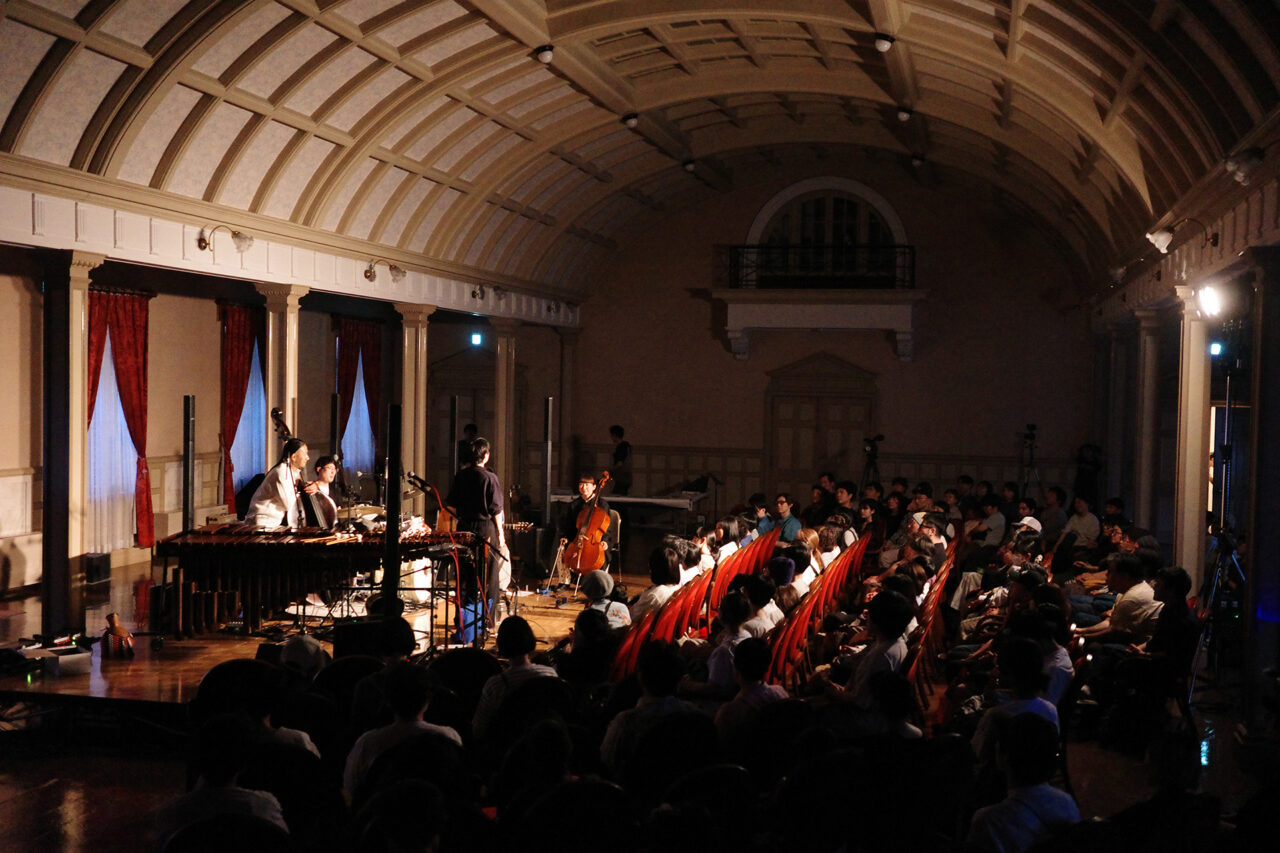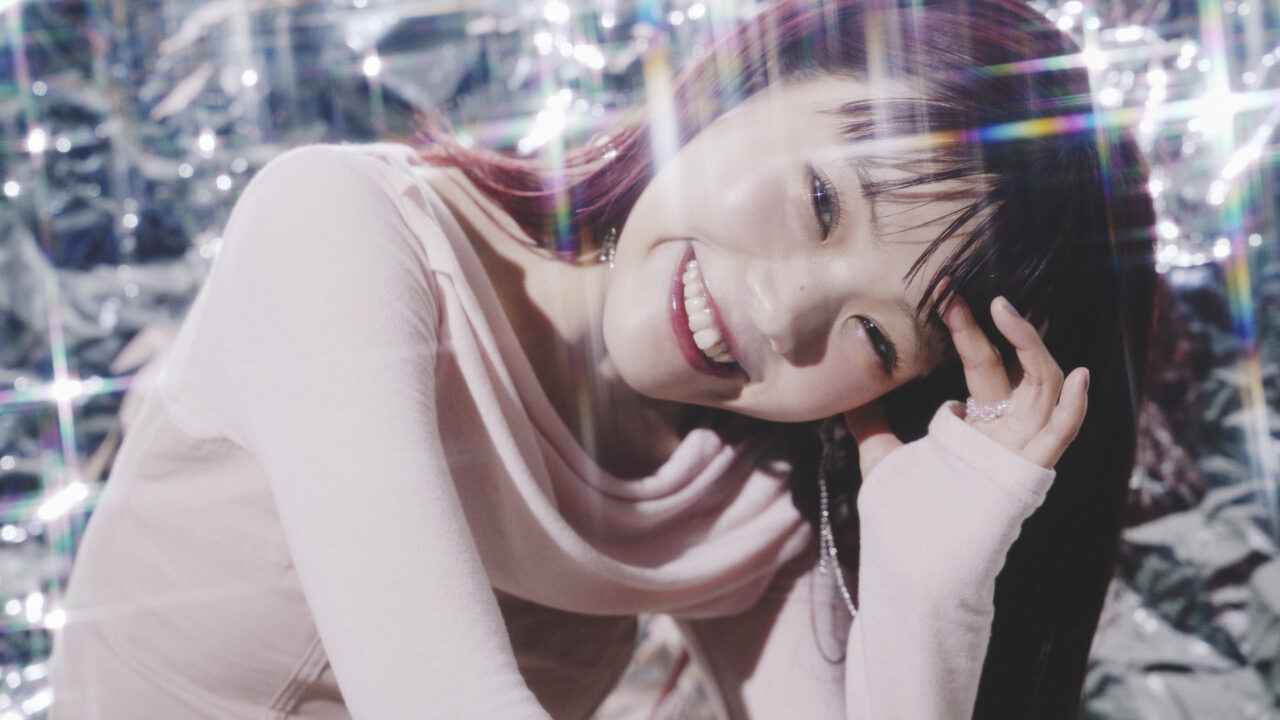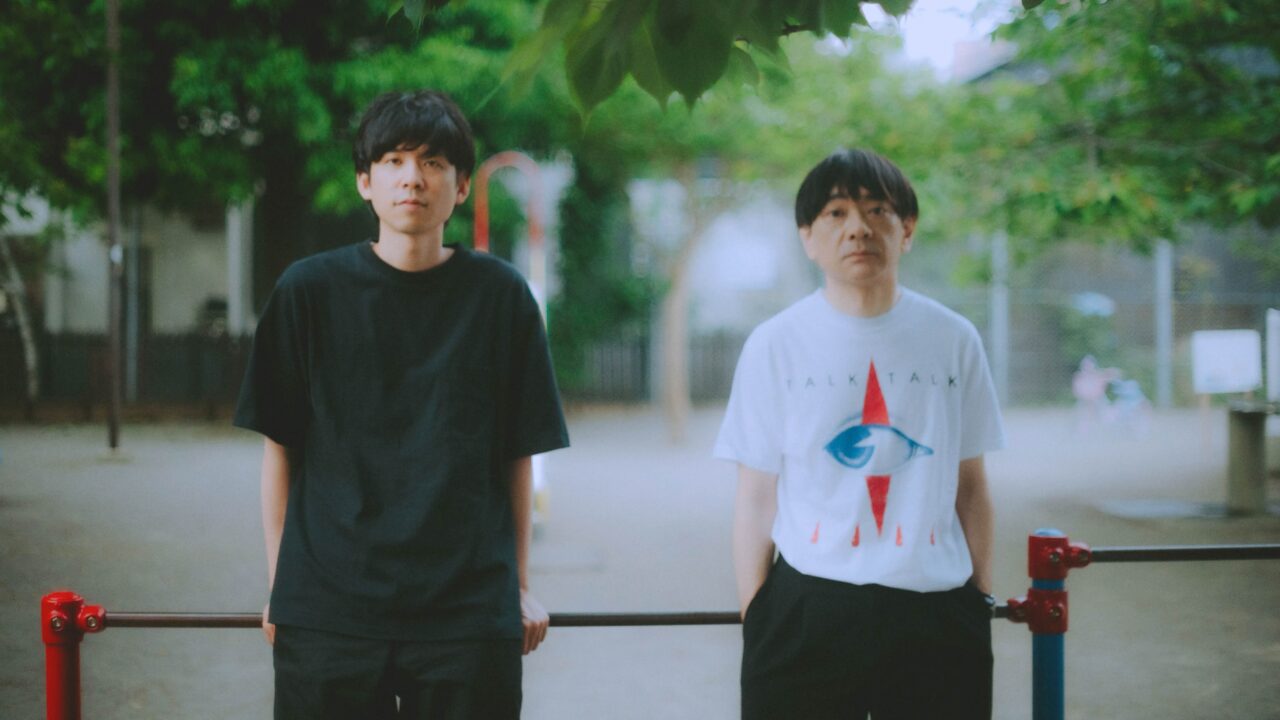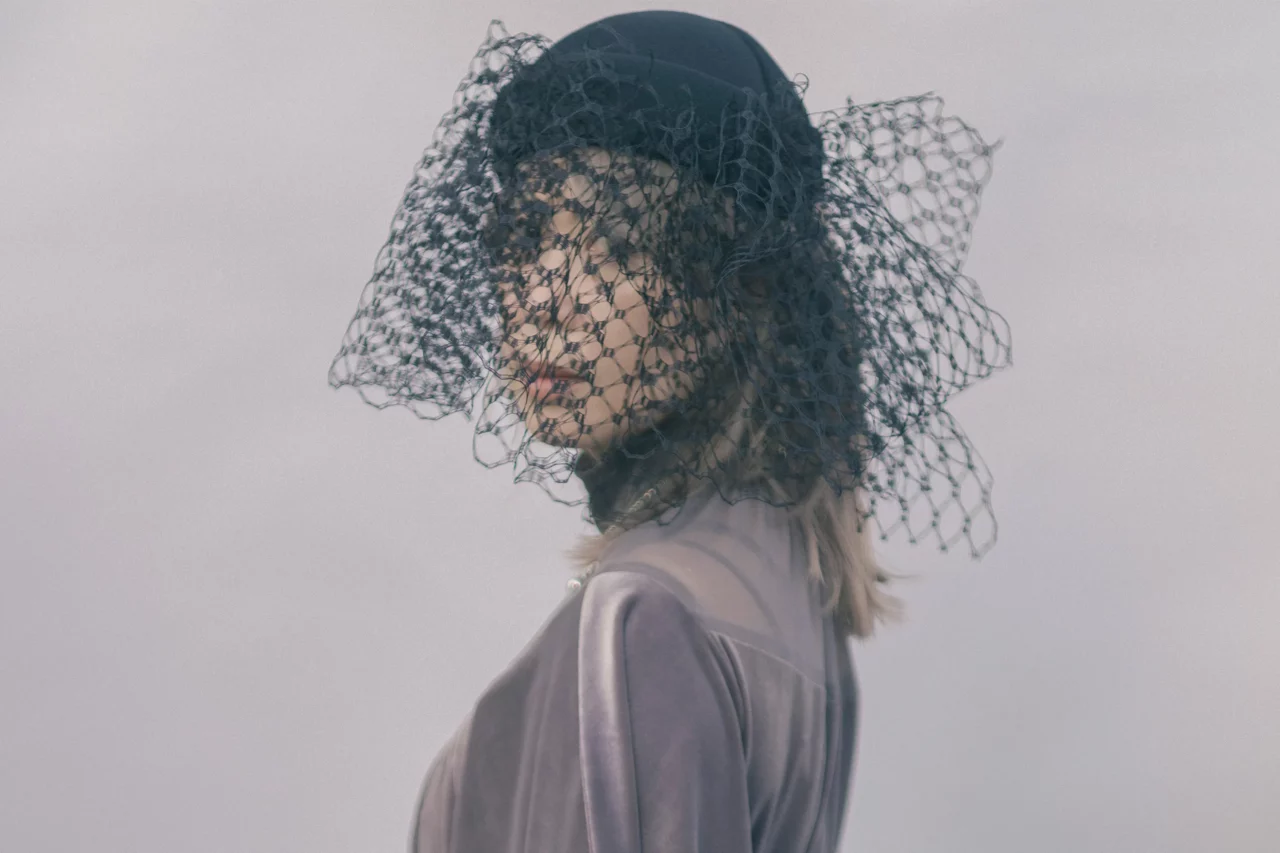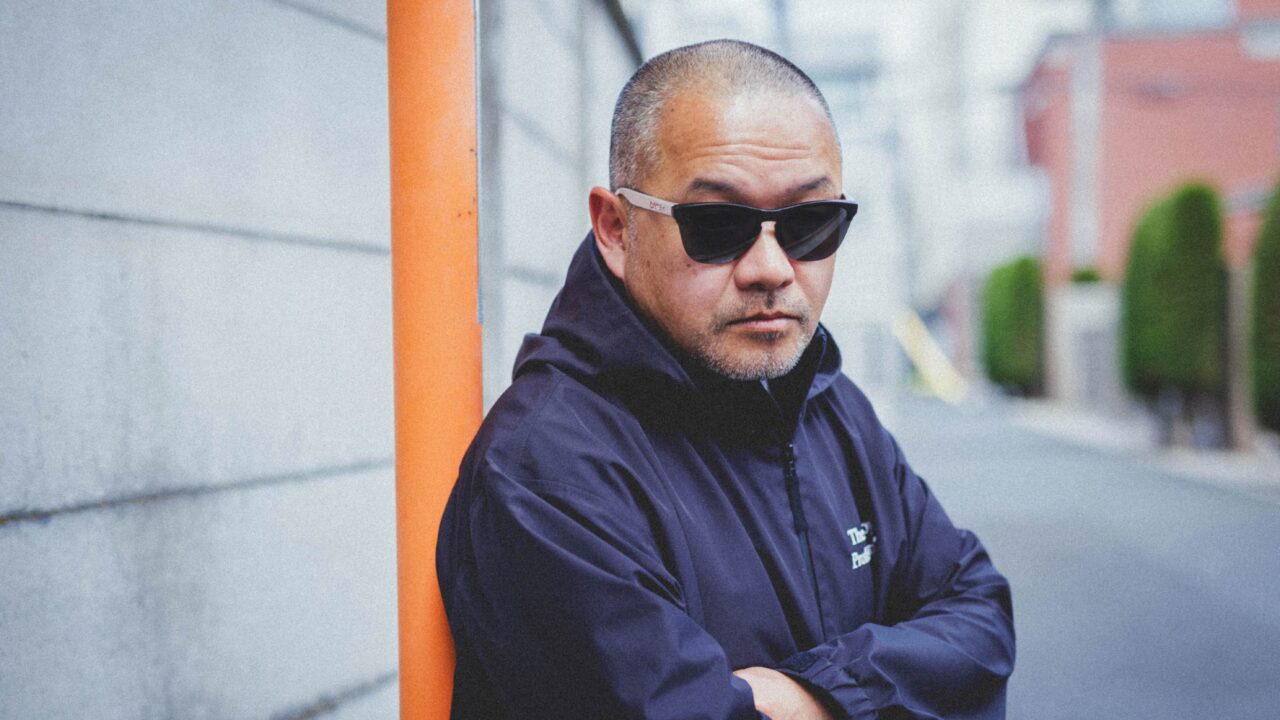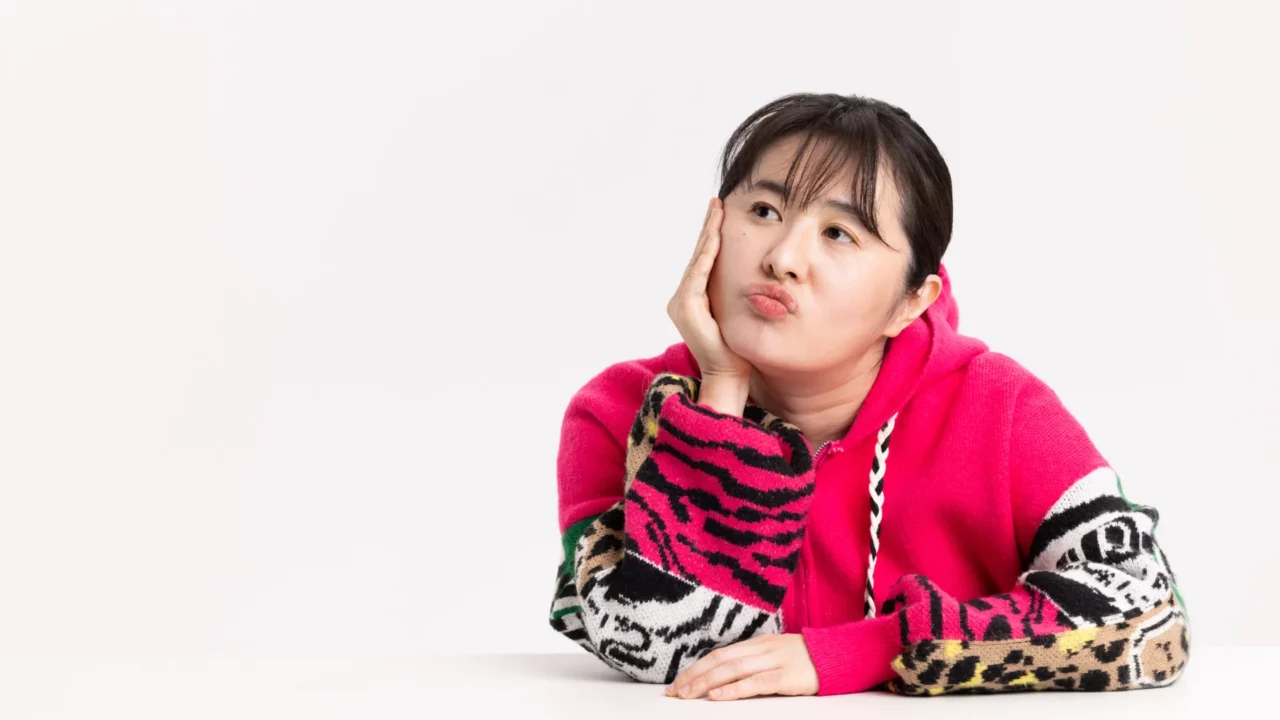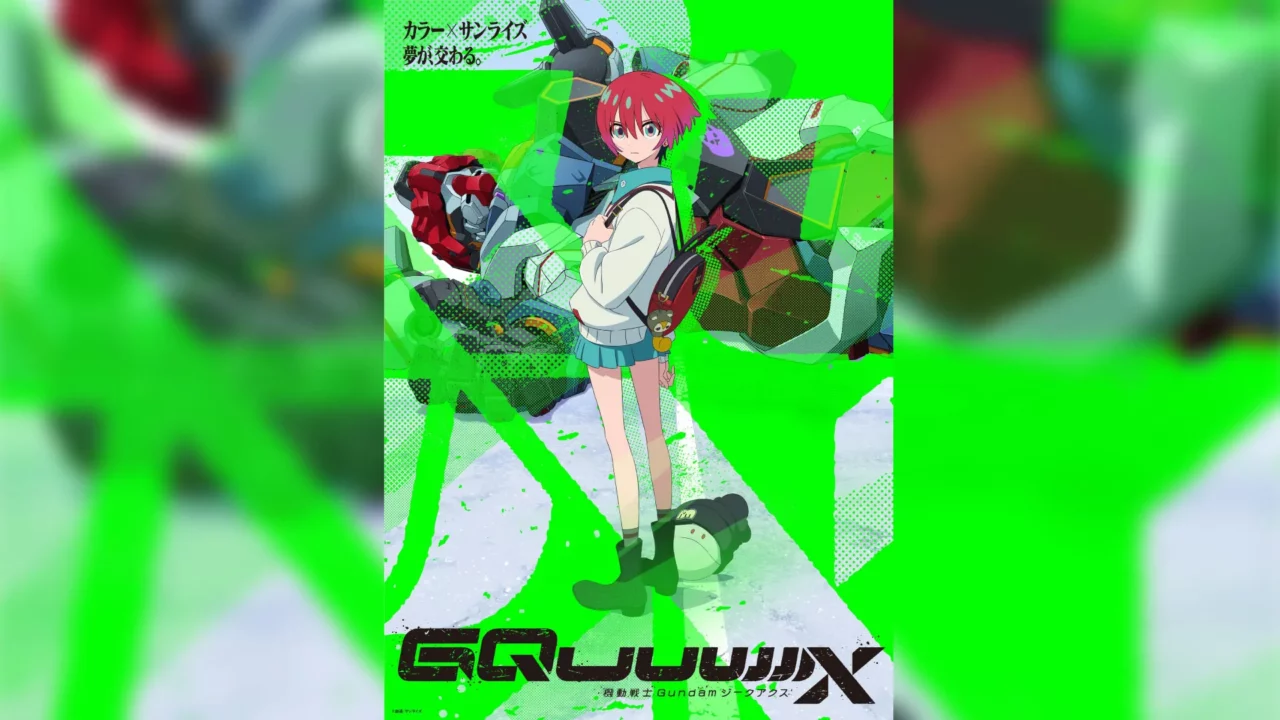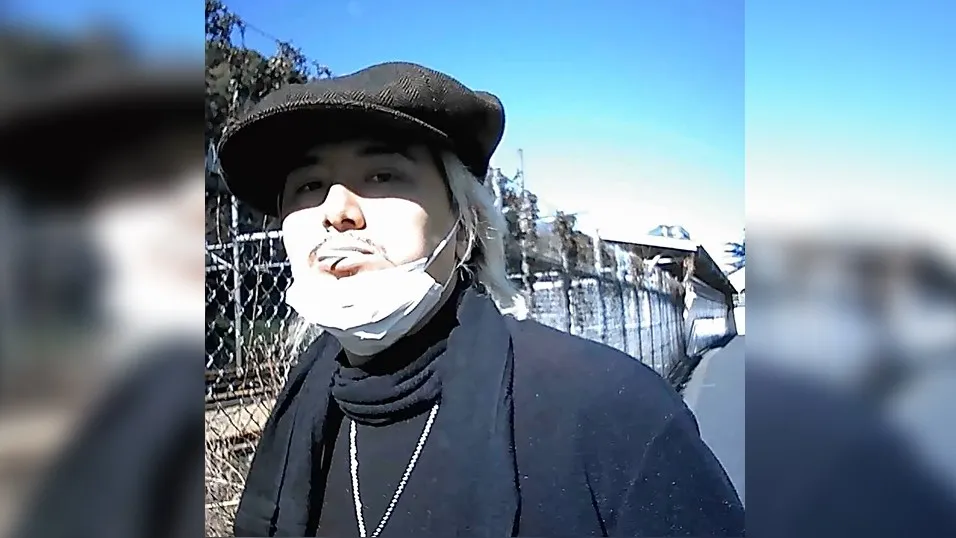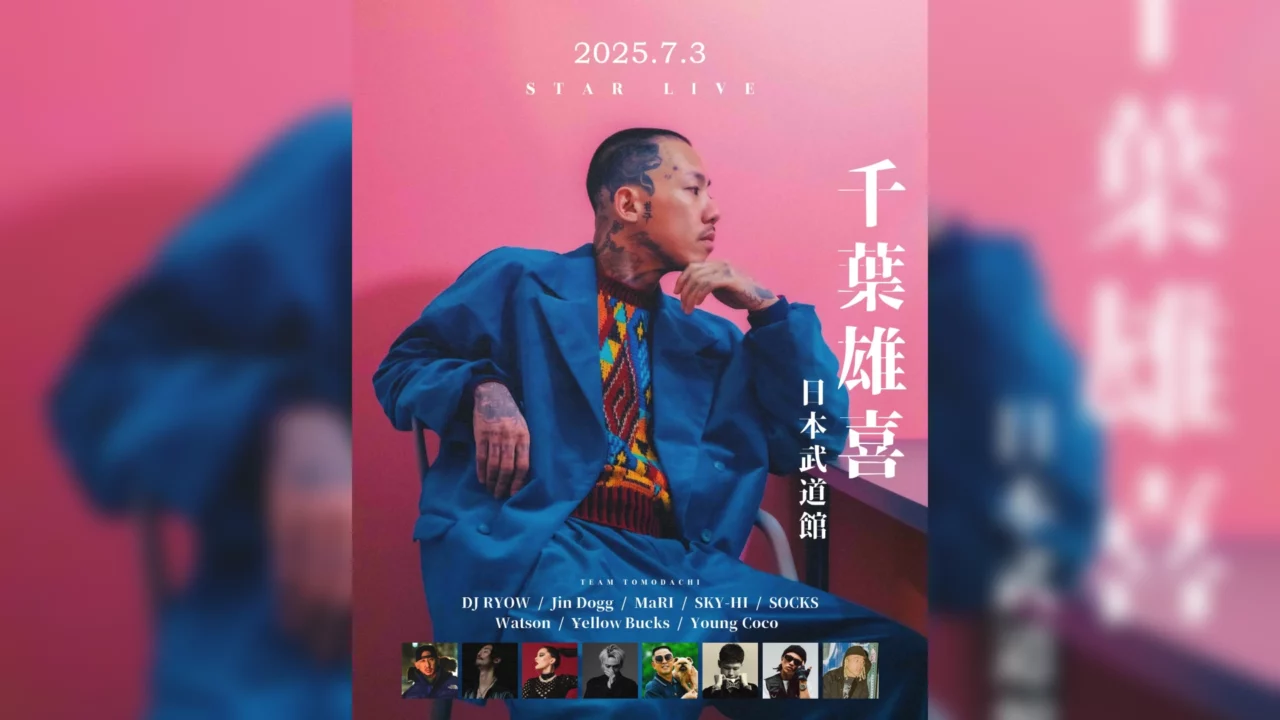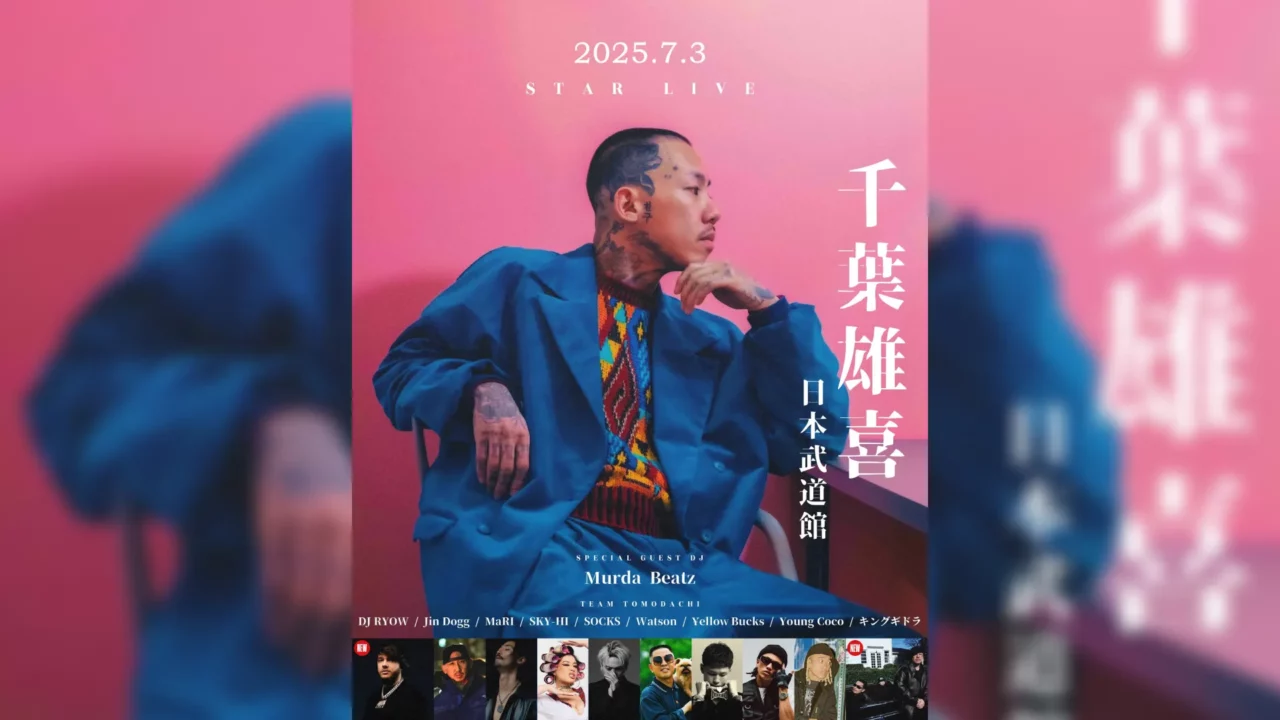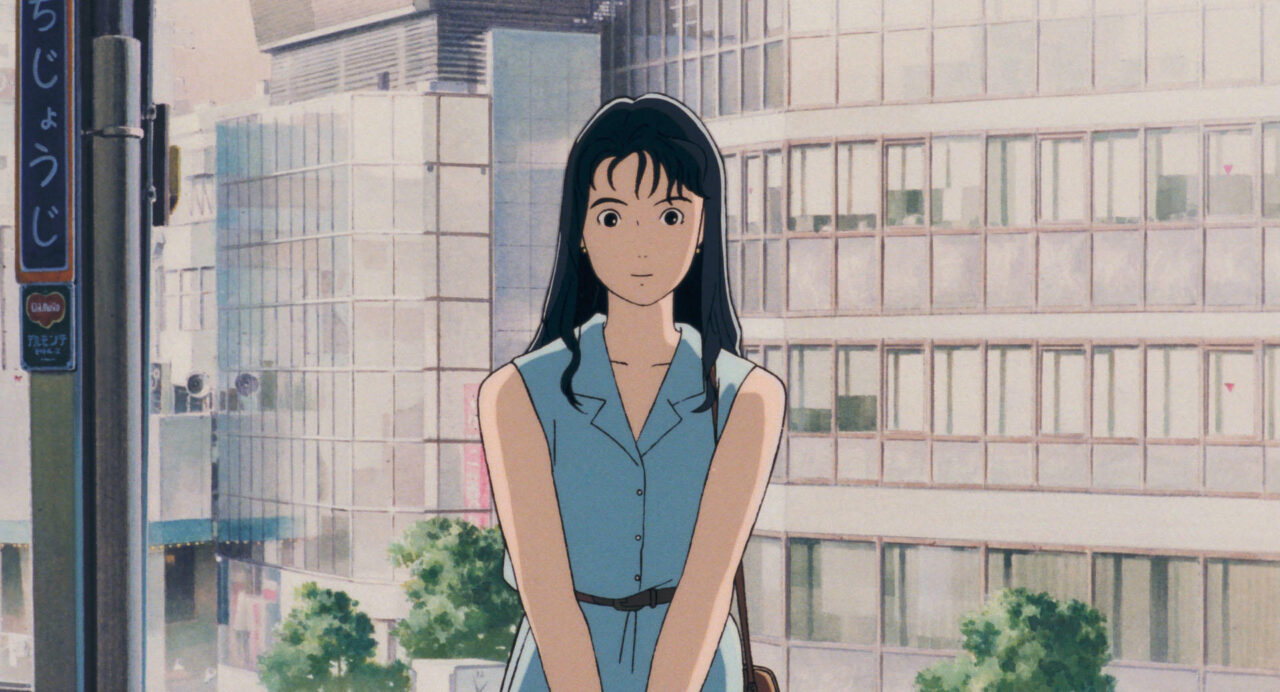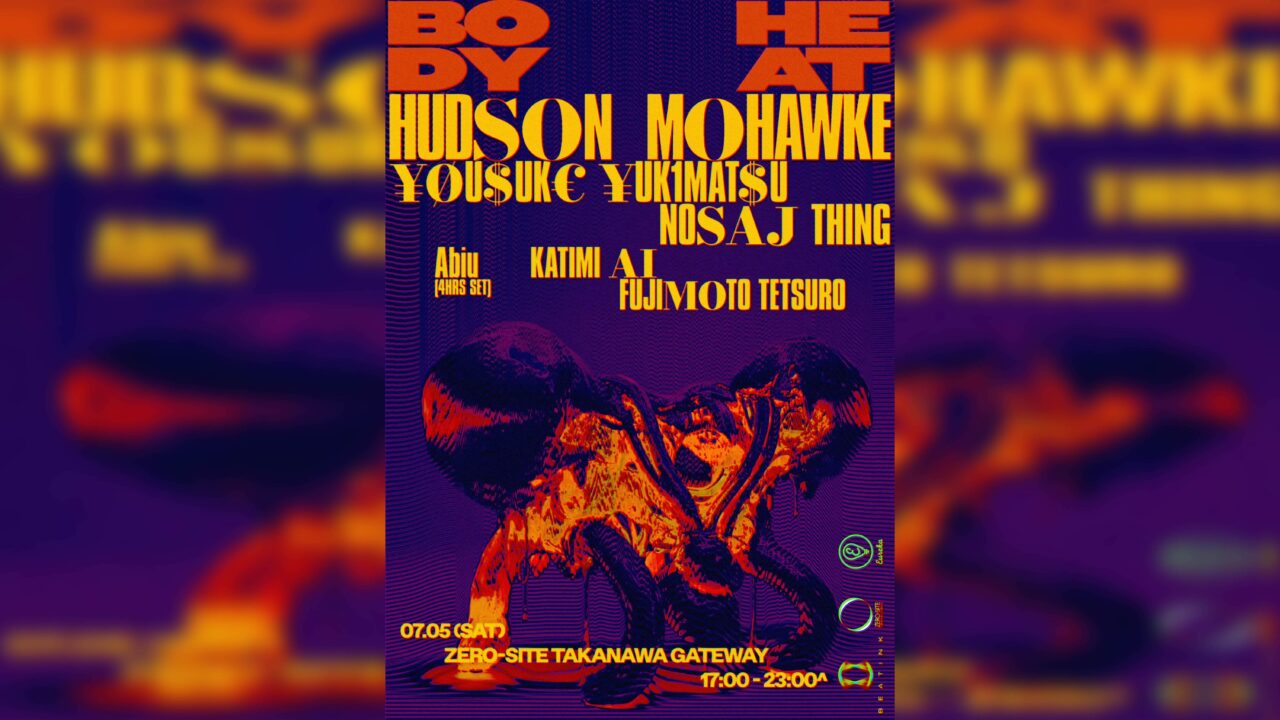The album cover captures Yuta Orisaka standing in a corner of the kitchen. As conveyed by this photo, which depicts a scene from daily life, the new release “Jumon” carries a calm and pleasant breeze, in stark contrast to his previous work ‘Shinri’ (2021), which was tinged with the raw, tense atmosphere of the COVID-19 pandemic.
As demonstrated in the pre-released track “Hitobito” (theme song for the BS-TBS drama ‘Tengu’s Kitchen’) at the end of last year, half of the songs in the album unfold into tranquil musical landscapes. On the other hand, tracks like “Nagi” and “Yuyuyu” feature the powerful grooves of a robust band centered around senoo ricky (Dr), Azumi Miyata (Cb), and Kota Yamauchi (Gt). The album closes with the hopeful “Hachisu.” Each song reflects Orisaka’s current thriving state.
The diverse array of songs is tied together by the meaningful title “Jumon” (Spell). Celebrating the 10th anniversary of his musical career in 2023, Orisaka embarks on the next decade with songs of everyday life. These songs are neither laid-back nor mere returns to his roots. Underlying them is an attempt to shift his consciousness, spurred by the slump he experienced after ‘Shinri’ and his efforts to overcome it. On a clear May afternoon with a sky as blue as can be, we sat down with Yuta Orisaka for an interview.
INDEX

A Decade of Self-Reflection: “I Reject Living the Rest of My Life Like This“
-When we met in December last year, I thought you were doing good
Orisaka: Last October, I fell into a depression. I thought, “I don’t want to live the rest of my life like this,” and decided to reevaluate my life. Since then, I have started running and doing flexibility exercises. I also stopped drinking alcohol. As I did these things little by little, I gradually came to understand my weak points or the reasons why I had been suffering.
-So you made this album in the midst of such physical and mental changes.
Orisaka: Yeah, that’s right. Some of the songs capture the feeling of gradually grasping a sense of accomplishment, and I was making this album in the midst of change.

Born in Tottori Prefecture in the first year of Heisei (1989), Yuta Orisaka is a singer-songwriter. His second album “Heisei,” released in October 2018, received high acclaim, including winning the “CD Shop Awards.” In March 2021, he released the mini-album “Asagao,” which included the theme song for the Fuji TV Monday 9:00 PM drama “Kansatsui Asagao.” In October of the same year, he released his third album “Shinri.” He celebrated his 10th anniversary in music in 2023. In June 2024, he released his fourth album “Jumon,” marking a comeback after approximately 2 years and 8 months. In addition to his music career, he also writes and contributes to books.
-In June last year, you went to Berlin, didn’t you?
Orisaka: That’s right. I really admire the sound engineering of Masa Oshiro, who has worked on projects with Yūko Ikema and NRQ. For this project, I really wanted Oshiro-san to handle the recording. However, since Oshiro-san is currently studying in Berlin, I thought it would be a bit difficult this time. But then, one of our staff jokingly suggested, ‘Why not just go to Berlin?’ And that’s how I ended up going there [laughs].
-In Berlin, you re-recorded the early representative song ‘Akebono.’ When it was released, You commented, ‘During the five minutes we recorded this song, something changed.’ What exactly was that ‘something’?”
Orisaka: What was it… Well, you know, life is constantly changing, and I think it was just a realization of that fact while we were in Berlin.
Orisaka: I recorded ‘Akebono’ in one take. In music, there’s a documentary aspect where, once the song starts, I wanted it to reflect that ‘activity’ strongly until the end.
-So it is a document of that moment in June 2023?
Orisaka: I think that’s exactly it. So when I listen to ‘Akebono,’ it really brings back those memories. Like the scenery of Berlin in June.
-Last year, there was also a solo acoustic tour commemorating the 10th anniversary of my music career. It had been a while since I performed live, including at ‘Ongaku no Jikan’ in Mitaka, Tokyo, where you first did a full-fledged solo live performance ten years ago, right?
Orisaka: Ongaku no Jikan is this cute little place, but to me, it’s like a place where solitary individuals gather.
During the 10th anniversary project, I had feelings like, ‘Can I really fit in here?’ But I was able to stand on stage as one among many different people. It made me happy that Kikuchi (Satoshi), the owner, also found it amusing.”

-Did you have a sense of returning to your roots with those activities last year?
Orisaka: I don’t think there was a conscious effort to return to basics for the next piece. For me, the presence of the band ‘Jusou,’ with whom I’ve been active in recent years, has been significant, and my relationships with each member have deepened. While I’ve been fulfilled in expressing myself through the band, I also felt the need to once again face what I do under my own name, ‘Yuta Orisaka.’ I saw the solo acoustic tour as a good opportunity to do that.





